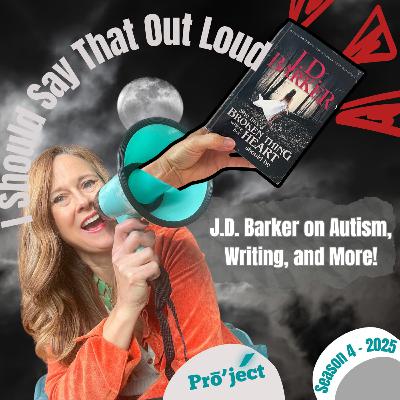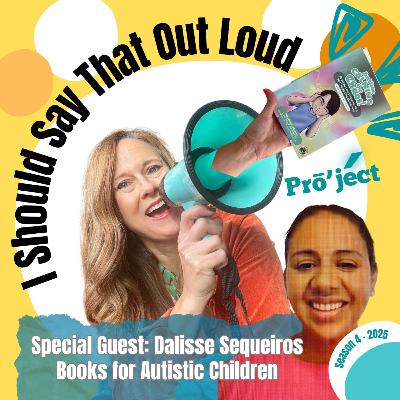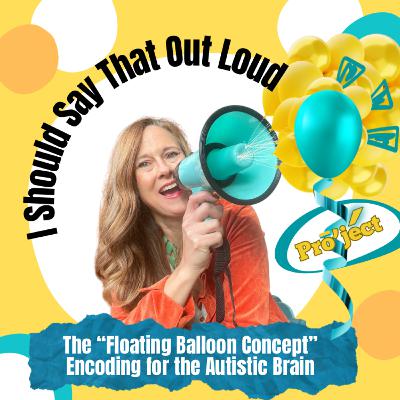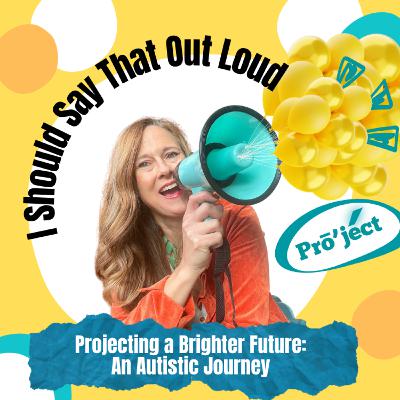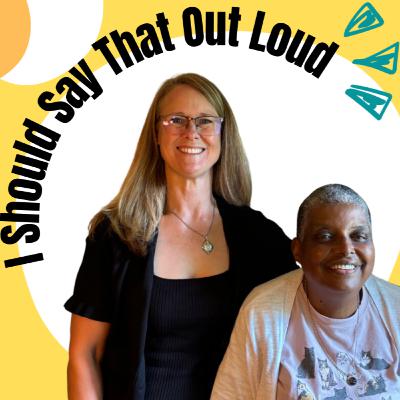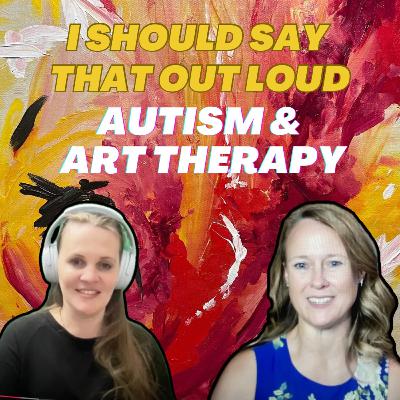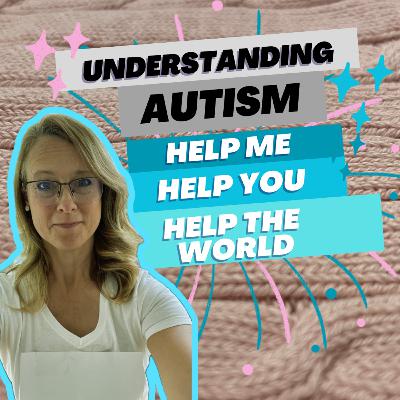Autistic Trends & Data from the Past 115 Years - Part II: Experts from the 20th Century
Description
In this episode, Part II of Trends & Data, Donna Brendel explores the origins of current trends by delving back to early 20th century experts and pioneers in teaching, child and adult psychology, and child development. She begins with the Montessori Method, discussing its historical significance and impact on education. She highlights the contributions of the pioneers of child psychology, Jean Piaget, and developmental milestones, Dr. Arnold Gesell, while pointing out Carl Jung's emphasis on the importance of understanding individuality in child development, particularly in the context of autism and neurodiversity. The conversation underscores the need for a more nuanced approach to child development that recognizes the unique trajectories of each child.Rounding out this series in just a few days, Part III, Researchers and Autistic Voices from the 21st Century, Donna will share beautiful and poignant progress from brave emergent researchers as well as autistic authors benefiting from new treatment methods. Autism has been around much longer than 115 years, and although progress has been painfully slow, we are finally making progress. Autistic voices are helping to PROJECT awareness, support, new research methods, and improved treatment modalities forward. It's a beautiful thing! If you haven't caught Part I yet, Five Current Trends in Autism, give it a listen while you wait for Part III to post.Congratulations to Donna Brendel and "I Should Say That Out Loud," for ranking number 5 on Feedspot's "25 Best Adult Autism Podcasts" based on relevancy, authority, social media followers and freshness.• Montesorri, M. (1912.) “The Montessori Method.” Frederick A. Stokes Company, New York.• Piaget, J. (1923 French, 1926 English, 1932 Second Edition, 1959 Third Edition.) “The Language and Thought of the Child.” Routledge, New York. • Gesell, A., M.D., Ph.D., Sc.D., (1945.) “The Embryology of Behavior.” Harper & Brothers Publishers, New York and London.• Jung, C. G., Dr., (1957, 1958.) “The Undiscovered Self.” Penguin Books, Ltd., London.• Kedar, I. (2012.) “Ido in Autismland: Climbing Out of Autism’s Silent Prison.” • Clarke, J. (2025.) “Stop the World I Want to Get Off: A guide to understanding and supporting the recovery of autistic burnout in children and young people.” Jessica Kinglsey Publishers, London.• Pavlopoulou, G., et al. (2025.) “Improving Mental Health Therapies for Autistic Children and Young People: Promoting Self-Agency, Curiosity and Collaboration.” Routledge Taylor & Francis Group, London and New York. • Autism and Development Disabilities Monitoring (ADDM) Network (2023.) “Community Report on Autism 2023.” Centers for Disease Control and Prevention.Footnote for 14:20-15:30 In this segment, Donna Brendel is reading Jean Piaget's thoughts about autistic thinking. In her post-recording editing and follow-up research, she realized and wanted to be sure to highlight that Piaget's interpretation of the idea of autistic thinking in the 1920's was in a completely different context to what we mean when we speak of autistic thinking today in the 2020's. She will discuss this in more detail during her March episode. It's a fascinating nuance and revelation that has given her much food for autistic thought...Chapters for Part II00:00 - Part II: Trends & Data on Autism, Expert Thought Generators from the 20th Century02:05 - Insights from The Montessori Method06:05 - Considering the Influence of Two Thought Pioneers: Piaget & Gesell11:46 - Examining Child Thought with M. Jean Piaget's Writings19:00 - Moving to the Physical Aspect of Child Development with Arnold Gesell25:08 - Carl Jung's Insights on Individuality as Misrepresented in Research


